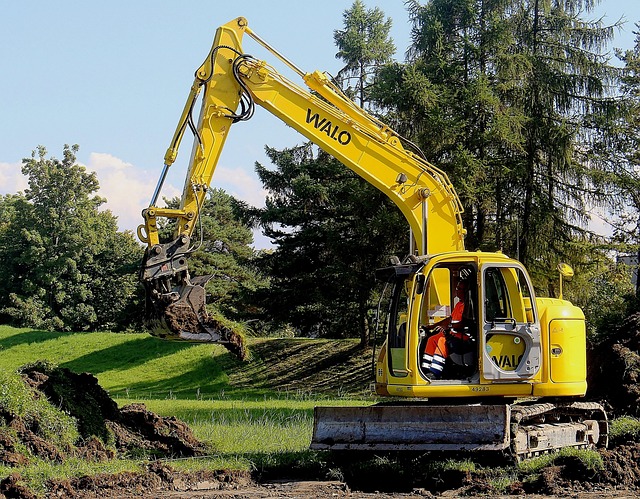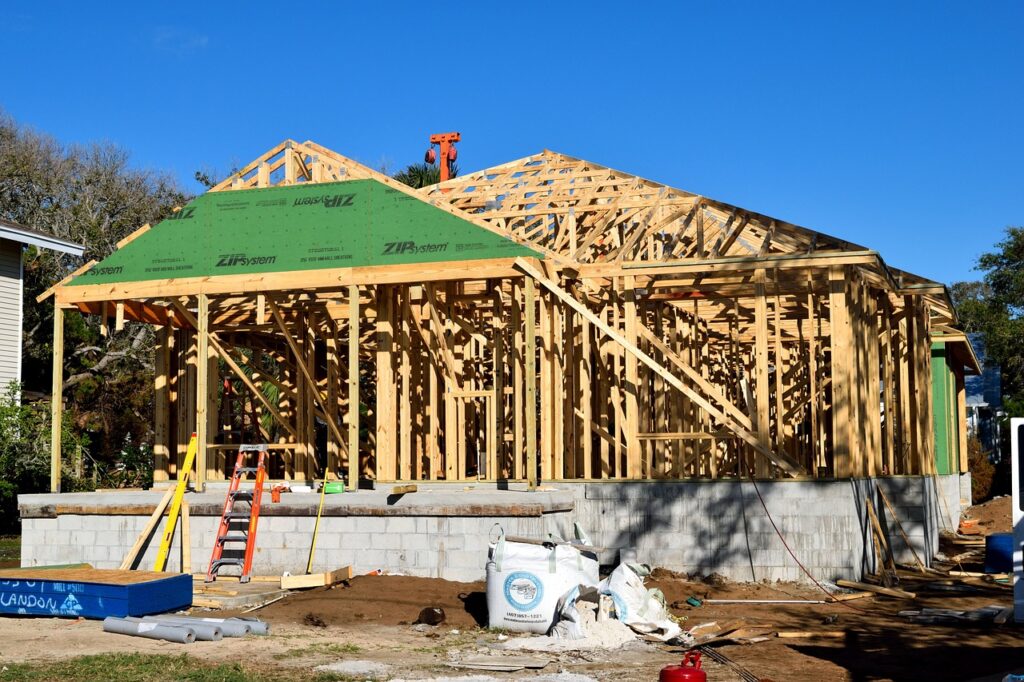Mini excavators for rent offer a practical solution for those needing powerful digging equipment without the high cost or storage concerns of ownership. They are compact, versatile, and ideal for a variety of small to medium construction or landscaping projects.
Renting a mini excavator allows users to access reliable machinery on demand, saving money while ensuring the right tool is available for the job. This flexibility makes them attractive for contractors, homeowners, and businesses needing short-term equipment.
Understanding rental options, costs, and machine capabilities can help users choose the best mini excavator for their needs. This guide breaks down key factors to consider before renting, ensuring efficient and effective project completion.
Choosing the Right Mini Excavators for Rent
Selecting a mini excavator involves understanding specific job requirements, available equipment types, and necessary size and attachments. These factors ensure efficiency, cost-effectiveness, and suitability for the project scope.
Factors to Consider Before Renting
He should evaluate the project site conditions, including space constraints and ground type, to choose the right machine. Rental duration and budget impact which models are practical.
It is important to confirm the machine’s operational weight and digging depth to fit the task. Fuel type and ease of transport might affect his choice for remote or limited-access sites.
Safety features like ROPS (rollover protective structure) and controls also matter. Checking the rental company’s maintenance and support policies helps prevent downtime.
Types of Mini Excavators Available
Mini excavators generally vary by operating weight, typically ranging from 1 to 6 tons. Smaller models offer enhanced maneuverability while larger ones provide greater power and stability.
Models fall into two categories: compact (under 4 tons) and standard mini excavators. Compacts handle light duty and tight spaces; standard units suit medium tasks and heavier soil types.
Some machines provide zero-tail swing designs, ideal for confined areas. The choice depends on terrain, job complexity, and the need for precise movement.
Sizing and Attachments Options
Sizing should align with digging depth, reach, and load capacity required. Over- or undersizing increases costs or reduces efficiency.
Common attachments include buckets of varying widths for digging or trenching. Hydraulic breakers are used for demolition, while augers support drilling holes.
Quick couplers simplify switching attachments, improving workflow. He must assess attachment availability at the rental provider to meet all task requirements.
Rental Process and Best Practices
Renting a mini excavator involves clear steps to ensure the right equipment and safe operation. Responsibilities include booking procedures, adhering to safety standards, and understanding maintenance duties during the rental period.
How to Book a Mini Excavator Rental
The booking process starts with identifying the project requirements, such as machine size and attachments needed. Customers should provide project dates and site conditions when contacting rental companies.
Most rental agencies require a valid driver’s license and proof of insurance. It’s common to pay a deposit upfront, with final costs based on rental duration and any optional accessories.
Confirm delivery or pickup options before finalizing the contract. Clear communication about delivery schedules helps avoid project delays.
Safety Guidelines and Operator Requirements
Operators must complete safety training specific to mini excavators, including equipment functions and hazard recognition. Some rental companies insist on presenting a certification or documented experience.
Using personal protective equipment (PPE), such as hard hats, safety boots, and high-visibility vests, is mandatory on-site. Operators should conduct a daily equipment inspection before use.
Safe operation includes following load limits, avoiding unstable surfaces, and maintaining clear communication with other workers. Emergency procedures should be reviewed before starting work.
Maintenance Responsibilities During Rental
Operators are responsible for routine checks like fuel levels, hydraulic fluid, and grease points daily. Rental companies typically handle major mechanical repairs unless damage results from misuse.
Cleaning the machine before return is often required to avoid additional fees. Addressing small issues promptly, such as loose bolts or leaks, prevents breakdowns and keeps the project on schedule.
Documentation of maintenance activities may be needed to comply with rental agreements. Rental companies can provide guidance on proper upkeep during the rental period.


